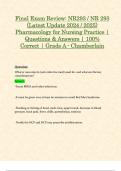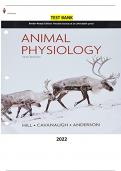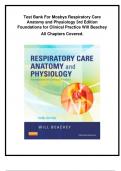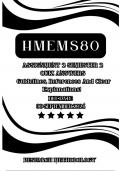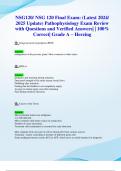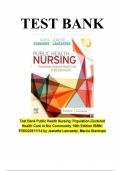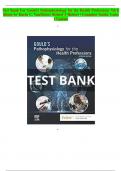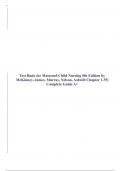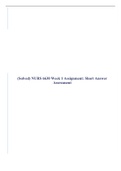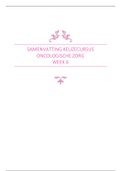Exam (elaborations)
Final Exam Review: NR293 / NR 293 (Latest Update 2024 / 2025) Pharmacology for Nursing Practice | Questions & Answers | 100% Correct | Grade A - Chamberlain
- Course
- NR 293 (NR293)
- Institution
- Chamberlain College Of Nursing
Final Exam Review: NR293 / NR 293 (Latest Update 2024 / 2025) Pharmacology for Nursing Practice | Questions & Answers | 100% Correct | Grade A - Chamberlain Question: What is vancomycin (anti-infective med) used for, and what are the key considerations? Answer: -Treats MRSA and other infe...
[Show more]
